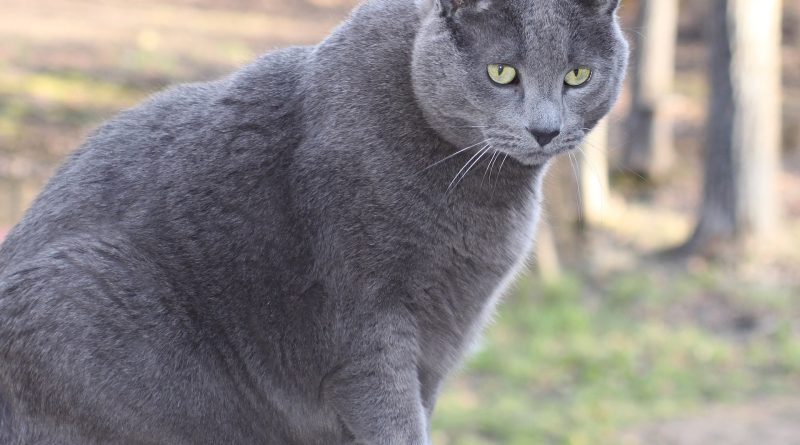How Fast Is Too Fast For My Pet To Lose Weight?
You’ve already conquered the first steps of determining that your pet is overweight and you’ve worked with your veterinarian to create a weight loss plan. But now what? How fast can pets safely lose weight and how vigilant do you need to be?
What is the ideal rate of weight loss?
When restricting calories veterinarians follow a very important rule for the desired rate of weight loss. For dogs this is 1-2% of their total body weight per week. For cats this is 0.5-2% of their body weight per week. So, for example, if you have a 100 lb Labrador Retriever, he can safely lose 1 to 2 lbs per week. If you have a 20 lb cat, she can lose 0.2-0.4 lbs (or about 4 oz) per week. It’s also ok to lose less than that per week, but your weight loss plan will just take longer (and you won’t see the benefits so quickly!)
What if I just want to get the weight off really fast?
It is very important to follow these guidelines because health problems can arise if pets lose too much weight too quickly, such as nutritional deficiencies, undesirable behavior like getting into the trash or acting out, and serious illnesses. To prevent these illnesses or other problems from occurring, your veterinarian will help you determine what amount of calories your pet needs and will adjust that based on follow up weigh ins to make sure you stay in the safe range of weight loss.
I’ve heard cats can get sick if they don’t eat enough?
This is true. If cats lose too much weight too quickly they can develop fatty liver disease (called hepatic lipidosis). Fatty liver disease occurs when the body breaks down too much fat too quickly and the liver cannot process the fat fast enough. This causes the fat to be stored in and around the liver which leads to decreased liver function or even liver failure. When this happens, you may notice your cat is not acting right or has a yellow color, or jaundice, in the white of his or her eyes or in their skin. This disease can be fatal if not diagnosed and treated aggressively.
Why do I need to work with my vet? What can’t I just feed less of the food he’s currently getting?
Another reason veterinarians select diets and monitor rates of weight loss carefully is because manufacturers balance essential nutrients in the food according to the caloric content of the food. This means that when you decrease the amount and calories that are fed, the amount of essential nutrients is decreased as well. If you restrict a food that wasn’t meant to be fed in smaller amounts, you can put your pet at risk of nutritional deficiencies.
Written in conjunction with veterinary student, Sasha Santiago.

